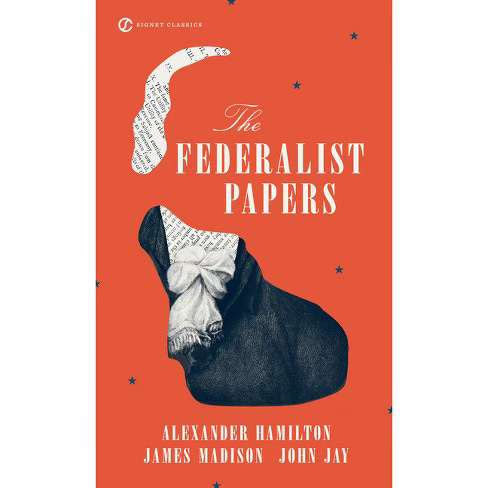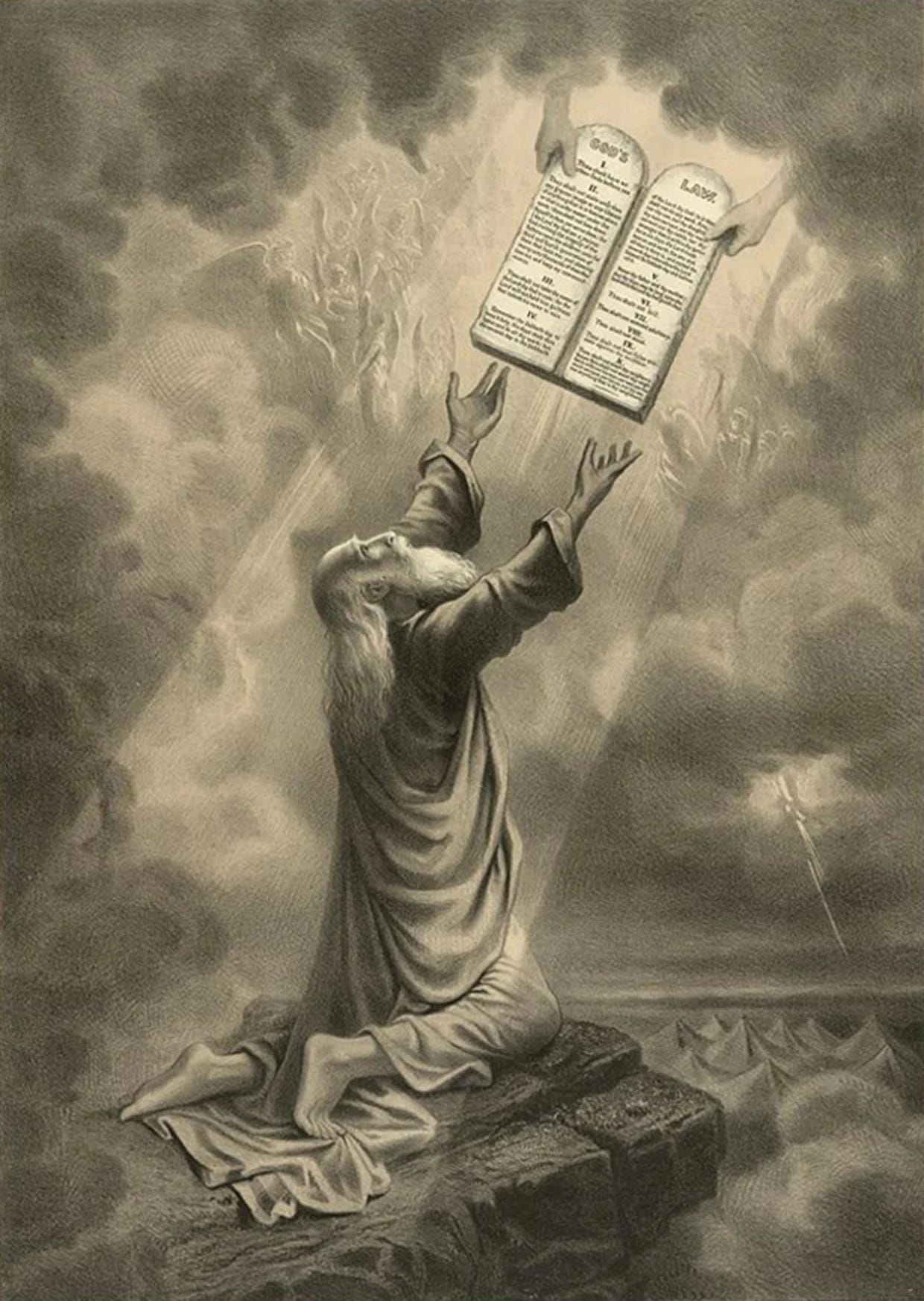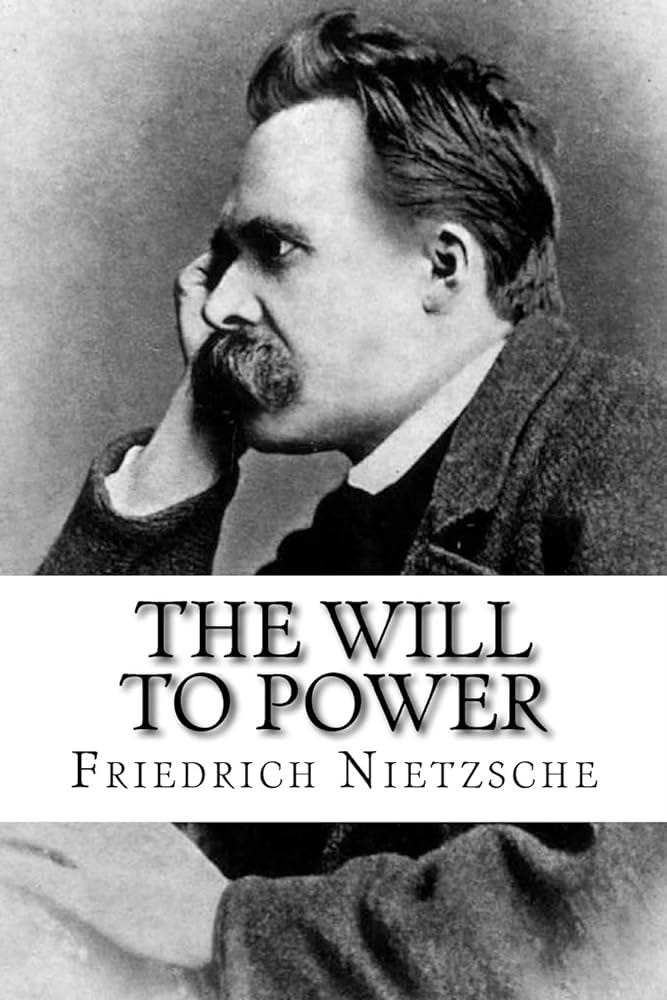Prelude to Discussing the Electoral College
The fundamental purpose of the Electoral College is to help form not merely a numerical majority when selecting a President, but a reasonable majority. Trigger warning: Heady subjects if you proceed!
The four-year term of the current President of the United States, should he have the mental and physical ability to complete it, “shall end at noon on the 20th day of January,” according to the 20th Amendment of the Constitution, ratified in 1933.
Recently, after facing pressure and threats from his own political party, allies, and donors, the incumbent President announced that he will not seek another term. A different President must be selected in November of this year so that he or she can be inaugurated on January 20 of next year, the day the current President’s term expires.
The Constitution does not clarify, with precision, how a different President shall be selected. Rather, in Article II, Section 1, the Constitution provides that “each state shall appoint, in such manner as the Legislature thereof may direct, a number of electors, equal to the whole number of Senators and Representatives to which the State may be entitled in the Congress.”
And, according to the 12th Amendment, “the person having the greatest number of votes for President shall be the President, if such number be a majority of the whole number of electors appointed.”
This arrangement—state legislatures appointing electors, in whatever manner they please, who then cast votes to determine the next President—is commonly referred to as the Electoral College, even though the term itself does not appear in the Constitution.
Collegium
The word "college" is derived from the Latin term "collegium," meaning partnership. The electors, across the states, form a temporary partnership and work together—by casting ballots—for the purpose of selecting the next President (and Vice President) of the United States.
Hence the phrase, “Electoral College.”
While the Electoral College was one of the least challenged and most ignored features during the 1787/88 debates about whether to “ordain and establish” the Constitution, it has in recent decades become a heated topic of controversy during Presidential election cycles.
We are now caught in a dangerous pattern where the losing party, in each election, claims the results are illegitimate. Hillary Clinton leveled the accusation, in public, after the 2016 election, that Donald Trump was not a duly-elected, legitimate President, sparking four years of Russia-collusion allegations, special counsels, and widespread claims that “Trump is not my President.”
Following the 2020 election, Trump made similar claims about Joe Biden. Trump, however, did not have a regime of progressive bureaucrats at his disposal and therefore could not commission his own equivalent of Robert Mueller.
It is almost certain that the loser of the 2024 Presidential election will claim that the election was unfairly influenced, rigged, or outright stolen, asserting that the results are illegitimate. In the mix of these accusations and the ensuing controversies, the Electoral College will again be targeted for intense attacks.
Whether we want to or not, we will find ourselves debating, yet again, the purpose, design, and merits of the Constitution’s Electoral College. I will have more to say about the specifics of the Electoral College once that public debate becomes loud and unavoidable.
For now, however, I’d like to prepare readers of Zetetic Questions to discuss the Electoral College within a deeper, broader, and more thoughtful philosophical framework. I want to provide a prelude, of sorts, for the debates over the Electoral College that are coming. And I want to do that by discussing, briefly, two important books, one classical and one modern: The Laws, by Plato, and The Federalist Papers, authored by Alexander Hamilton, James Madison, and John Jay.
Tale of Two Books
Plato’s The Laws and The Federalist Papers are strikingly different works. The Laws is an ancient text, written by the Greek philosopher Plato. It is presented as a dialogue, the most prominent character of which is identified only as an “Athenian stranger,” whom Aristotle assumed to be Socrates, though others have questioned this identity.
The Federalist Papers is a much more modern work. It was written by three Americans under a Roman pseudonym—Publius—and began as a series of newspaper articles. It is a mixture: part philosophical treatise, part historical case studies, and part marketing campaign for the ratification of the proposed Constitution that resulted from the 1787 Convention in Philadelphia.
These books, however, are not entirely dissimilar.
Both are intended as practical guides for political practitioners and lawmakers. Both emphasize that the prelude to laws—the spirit and attitude of those who write, enforce, judge, and obey the laws—is almost as important, if not equally important, as the text of the laws.
Moreover, both books offer a subtle, yet radical, suggestion: that reason, rather than willfulness, is the rightful, legitimate source of law.
Holy Cities and Divine Will
Every ancient city was considered a holy city—or, more precisely, the members of every ancient city believed that their city was divinely sanctioned—in the sense that they assumed their city’s fundamental laws were handed down by one or more gods.
An ancient Spartan, for example, would assert that Spartan law came from Apollo, while an ancient Cretan would attribute Cretan law to Zeus.
Indeed, this is precisely how The Laws begins. The opening line is a question posed by the Athenian stranger: “Who is given credit for laying down your first laws, a god or some human being?” To which the Cretan, Kleinias, replies: “A god, stranger, a god!” The Spartan, Megillus, concurs.
This notion of divine origin as the source of law and political legitimacy persisted well into the medieval era. The divine right theory of kingship, for example, was a form of divine political rule. Even today, we find forms of divine political rule under the name, Sharia.
Throughout different eras, geographies, peoples, and religions, divine political rule was typically understood by those living under it as rule according to, and legitimized by, the will of God.
Laws commanded obedience because they expressed God’s will. Breaking the law was not just a legal violation but a transgression against divine will, viewed as sin and inviting the divine wrath of God.
The Will Of The People
Fast forward to modern social contract theory, as taught by thinkers like John Locke and constitutionalized by the American Founders.
Many citizens of modern democracies and republics believe that law is legitimate only if it reflects the will of the governed and, in particular, the will of the numerical majority (50% plus one). Jean-Jacques Rousseau went even further, calling for the “general will” of the entire political community, not just the numerical majority.
In many modern contexts, the will of the people replaced the divine will of God as the legitimizing foundation for law and political rule.
This is evident in debates over Presidential elections and criticisms of the Electoral College. Many Americans today assume that any Presidential election in which the winner of the popular vote—the candidate supported by a majority of voters—does not win the Electoral College, must be flawed, and a serious mistake.
Yet the two books we are discussing—The Laws by Plato and The Federalist Papers by Hamilton, Madison, and Jay—reject mere will as the legitimate foundation for law, or political rule.
Both works acknowledge that will is simply power, and power can facilitate injustice as well as justice. Power itself is not synonymous with good or right. Will, as a form of power, is not inherently aligned with justice, moderation, courage, wisdom, truth, or any virtue.
Reason, is.
Reason is the indispensable core of moderation, courage, justice, and wisdom. In fact, all the virtues that classical political philosophy describes require the active use of reason. Philosophy itself—the quest for knowledge and truth—is impossible without reason.
Both The Laws and The Federalist Papers, therefore, offer a subtle, esoteric teaching: reason, not will, is the true source of law and political legitimacy.
Aristotle expressed this in its simplest form, positing the rule of reason over passion within an individual as a model for lawmaking. He famously defined law—or what law ought to be—as “reason unaffected by passion” (The Politics, Book III, Chapter 16).
Rule of Reason
It is no accident that in Federalist #49, Madison—trained in classical political philosophy—argues that “the reason, alone, of the public ought to control and regulate the government,” while the passions of the people “ought to be controlled and regulated by the government.”
Reason is the only thing deserving of rule because, within the human soul, reason should govern passion, desire, and will. When a person is incapable of governing his own passions and will, with his own reason, we call that person “insane” or some other clinical term, and isolate him within an asylum for lunatics, for his own safety and the safety of others.
Will—whether the will of an individual, or the will of a few, or the will of the majority—is mere power and therefore has no moral claim to rule. You might be more powerful than me. That does not mean you are rightfully my master, lord, or ruler. And vice versa.
Even modern Americans, who emphasize the “will of the people” and “majority rule,” recognize this distinction when they accept the authority of an unelected Supreme Court exercising judicial review and striking down unconstitutional laws passed with majority support.
It also why the Constitution emphatically does not vest in Congress the power to enshrine the “will of the people” into laws. The Constitution enumerates the few legislative powers that We The People delegated to Congress, including powers such as regulating commerce with foreign nations, and among the several states, and with the Indian tribes; establishing post offices and post roads; declaring war; raising and supporting an army, and providing and maintaining a navy.
That list is brief, and enumerated, for a reason: Congress does not have Constitutional power to do whatever (unjust things) the people will Congress to do.
The will of the people, in sum, is not the same as the reason of the people. The will of the people is not intrinsically good or right.
The Electoral College
This philosophical framework underpins the political science and constitutional design of the Electoral College. The fundamental purpose of the Electoral College is to help form not merely a numerical majority when selecting a President, but a reasonable majority.
Aware of the challenges in deriving reason from large groups, the Constitution’s architects believed that, at the very least, the Electoral College would facilitate forming a moderate majority, acting as a practical approximation of a reasonable majority, by requiring electoral votes from different people in different states, representing many different interests and points of view.
We can debate whether the Electoral College achieves this purpose now, or if it ever did. However, a thoughtful discussion about the Electoral College requires first understanding the problem of prioritizing willfulness—including the will of the majority—over reason as the source of law and government legitimacy.
If, on one hand, we agree that the will of the people can be unjust, irrational, or even hateful—and we want to avoid the rule of injustice, unreason, or hate—then we stand on a foundation of truth upon which we can discuss the Electoral College, alternatives to it, and how a U.S. President should be selected or elected, reasonably.
On the other hand, if we insist that a majority can rightfully do anything it wants, anything it wills—including anything to those in the minority—then we forfeit the ability to discuss the Electoral College or any constitutional feature intelligently, because we effectively demand mob rule.
The Electoral College and the Constitution are incompatible with mob rule because the Constitution aims not to empower the majority to tyrannize a minority but to establish a government authorized by the consent of the governed while protecting the equal rights of all individuals, those in a minority no less than the majority.












